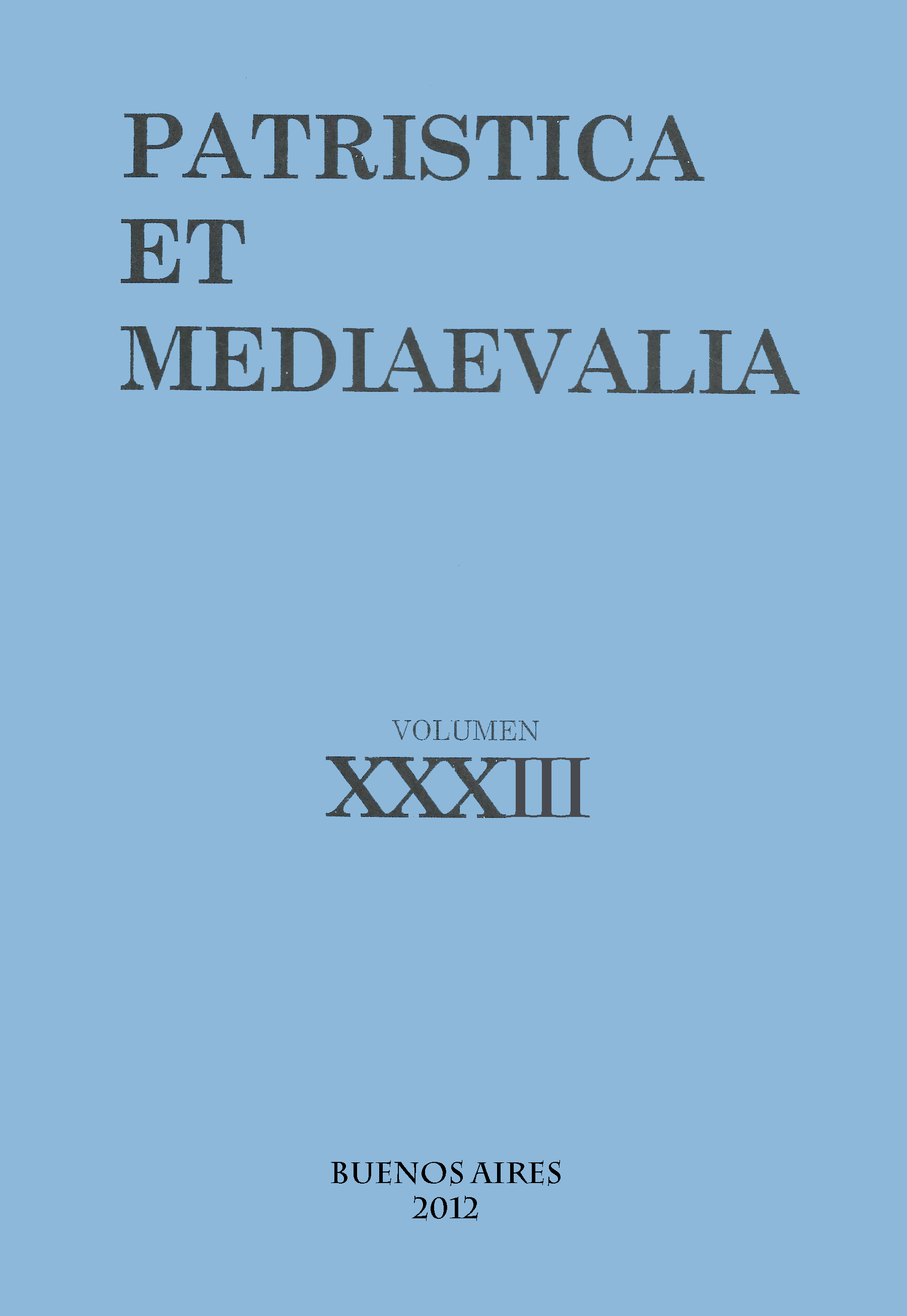Divine Providence and Ontological Value of the Singulars: the Late Ancient Philosophical Controversy and Origen and Nemesius of Emesa's Thought
Abstract
The present paper focuses on the debate over the scope of providence that took place among the Stoic, Platonic and Peripatetic schools between the first and the third centuries AD. In that context, it deals with the problem of the ontological status of the singulars in the thought of Origen of Alexandria and Nemesius of Emesa. Influenced primarily by the Philonian synthesis of the different Greek theories of providence with that of the Scriptures, Origen and Nemesius ground the consistency of individual beings on the thesis of a direct divine action intended for each of them. Faced with the universalistic and necessitarian tendencies of classical thought, the Greek Fathers tried to rescue the metaphysical value of individuals as such.Downloads
References
Dillon, J. (1977). The Middle Platonists: A Study of Platonism 80 BC to AD 220. London: Duckworth.
Radice, R. (1994). La filosofia di Aristobulo e i suoi nessi con il De mundo attribuito ad Aristotele. Milano: Vita e pensiero.
Runia, D. T. (1986). Philo of Alexandria and the Timaeus of Plato. Leiden: Brill.
Sharples, E. W. (1983). Nemesius of Emesa and sorne theories of Divine Providence. Vigiliae Christianae, 37, 141-156.
Sharples, R. W. (2010). Peripatetic Philosophy, 200 BC to AD 200. Cambridge: Cambridge University Press.
Tzamalikos, P. (2006). Origen: Cosmology and Ontology of Time. Leiden: Brill.
1. The authors who publish in this magazine accept the following conditions:
-
They retain the copyright and grant to the magazine the right of the first publication, with the work registered under the Attribution-ShareAlike 4.0 International License that allows third parties to use what is published as long as they mention the authorship of the work and the first publication in this magazine.
-
They can make other independent and additional contractual agreements for the non-exclusive distribution of the version of the article published in this magazine (eg. include it in an institutional repository or publish it in a book) provided that they clearly indicate that the work was first published in this journal.
-
They are allowed and recommended to publish their work on the Internet (for example on institutional or personal pages).
2. AutoArchive Conditions. Authors are allowed and encouraged to distribute post-print electronic versions of their manuscripts because it promotes their circulation, a possible increase of quotation and a major reach among the Academic community. Color RoMEO: blue.













